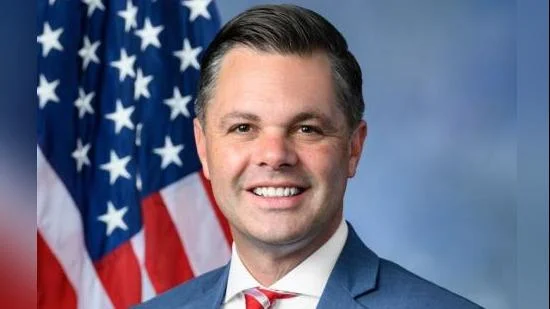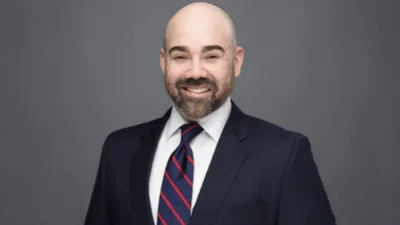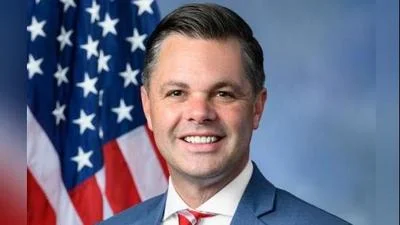U.S. Rep. Zach Nunn Representative for Iowa's 3rd District | Official U.S. House headshot
U.S. Rep. Zach Nunn Representative for Iowa's 3rd District | Official U.S. House headshot
Representative Zach Nunn has introduced the SNAP Anti-Theft and Victim Compensation Act of 2025, aimed at protecting taxpayer funds, enhancing law enforcement capabilities to tackle fraud, and compensating families affected by benefit theft. The legislation comes in response to recent reports from nearly 90 Iowans who have experienced theft of their SNAP benefits.
Among those affected is Iowa Army veteran David Schroeder. Representative Nunn stated, "Iowans like Army veteran David Schroeder shouldn’t be left picking up the pieces and fighting bureaucracy after falling victim to benefit fraud." He emphasized that SNAP should assist those in need rather than be exploited by criminals. "David did everything right yet his SNAP benefits were still stolen by a criminal in New Jersey. This bill is a commonsense solution that makes victims whole and ensures fraudsters face real consequences."
The proposed act would empower the U.S. Department of Agriculture’s Office of Inspector General to investigate and coordinate efforts across jurisdictions to prevent cyber-enabled SNAP theft. It also authorizes states to reimburse households for stolen benefits and introduces a new civil penalty intended to deter system exploitation.
SNAP benefit theft has been on the rise, often executed by organized cybercrime rings using cloned EBT cards. While some states like Iowa have taken steps toward fraud prevention, others lack necessary tools or authority for swift action. The bill seeks to address these gaps by allowing the Inspector General to issue subpoenas, collaborate with law enforcement agencies, and access EBT processor data during investigations.
Furthermore, the bill proposes a civil penalty amounting to twice the value of stolen benefits for individuals who unlawfully access another person’s SNAP allotment. Recovered funds will be allocated towards reimbursing victims and supporting future investigative efforts.





 Alerts Sign-up
Alerts Sign-up